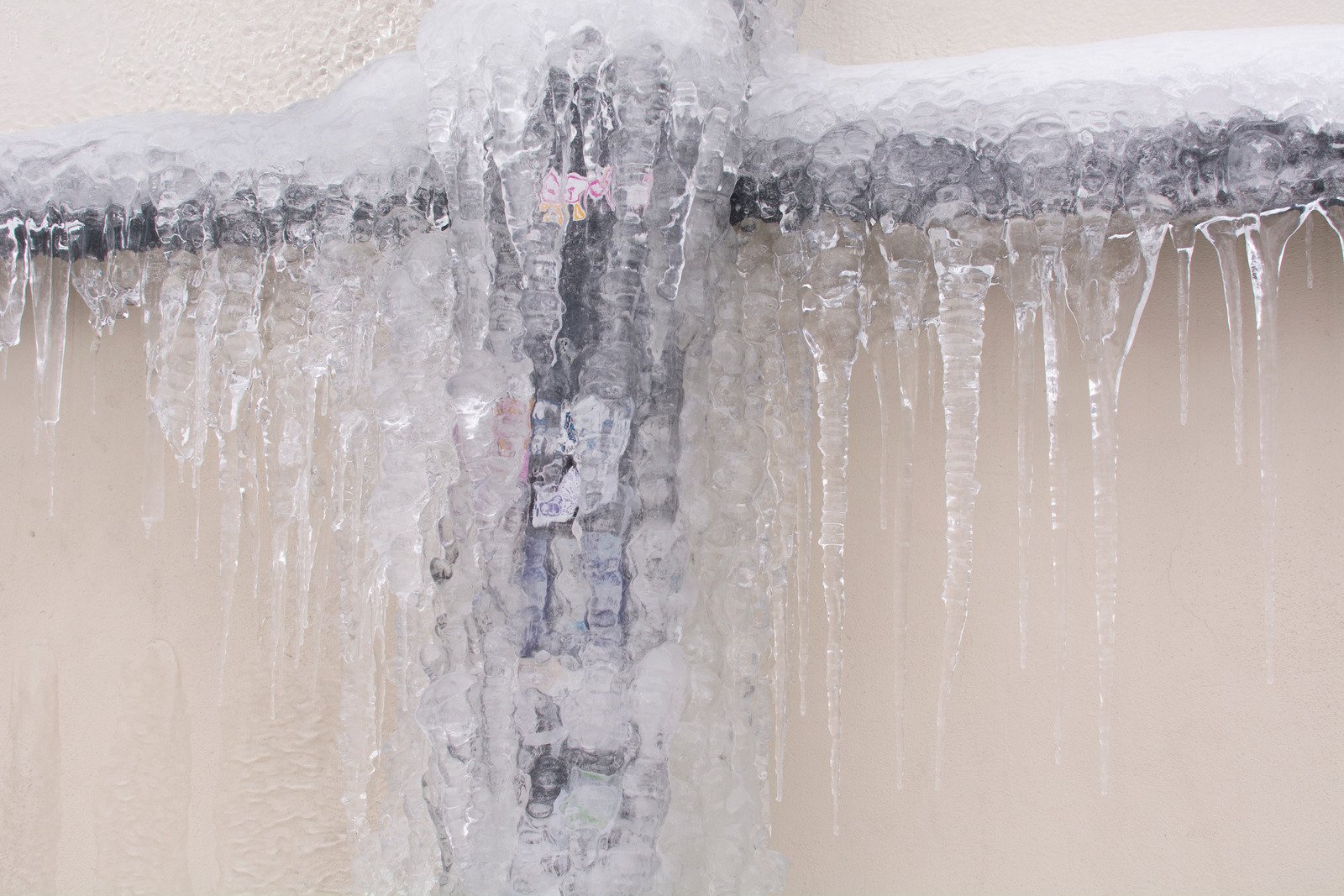Yes, a sprinkler (irrigation) system can lead to water damage. It might be tempting to set it and forget it with your automated sprinkler system but it’s actually quite important to actively tend to it throughout the entire year. If you’re not careful, you could end up with a sprinkler leak or a pipe burst. This can lead to flooding and, eventually, water damage to your home.
Get ahead of potential water damage with our guide to sprinkler system leaks.
How Does a Sprinkler System Leak Begin?
A leak can appear in your sprinkler system for three main reasons: a burst pipe, poor installation, or overspray. Let’s look at all three potential causes and get down to the bottom of what happens when each occurs.
A Burst Pipe
Generally speaking, sprinkler systems are attached to a home’s water line. When damage occurs to the main water line, you’ll encounter constant leaking. This can grow to be a serious problem and it should be addressed right away.
You may also experience a zone line leak. When a zone line tube bursts, you’ll only experience leaking when water runs through that particular zone. Nevertheless, a zone line leak is still a problem you’ll want to fix right away.
Freezing temperatures are one of the main culprits to blame for burst pipes. This is mainly an issue with the water line attached to the home. Zone lines are insulated by the earth that covers them. Exposed valves and the piping are most likely to freeze over since they’re not protected from the elements.
That’s why sprinkler system blowouts are so important as we head into winter for areas like Colorado that get below freezing temperatures. We’ll discuss this further later on.
Poor Installation
Sometimes a leak might find its origins in the installation of a system. There are a number of issues that can present themselves if your system isn’t put in place correctly. Whether it’s an issue with the sprinkler controller or a faulty diaphragm valve, a leak might come soon after. Pay attention to any abnormal pooling, issues with sprinkler heads, or strange buzzing. These are all signs of an installation issue.
Overspray
When your sprinkler heads don’t move properly or your timer interval is set too close together, you might experience overspray. Just as the name suggests, overspray refers to watering a certain zone or perhaps your entire lawn too much. This can lead to pooling and, eventually, flooding. Luckily, this is usually an easy fix if the issue isn’t caused by any underlying problems.
Signs of a Sprinkler System Leak
Unsure if you have a sprinkler system leak on your hands? There are a handful of telltale signs to keep your eyes peeled for. If you notice any of the following issues, it’s likely time to check for a potential leak.
- Water pooling. If you notice persisting puddles, marshy spots, or mud, this might be an area to check for a potential leak.
- Increased water bill. Any sudden spikes in your water bill could point to a leak.
- Sudden fungus. Do you see a large presence of mushrooms sprouting up out of nowhere? These moisture-loving organisms can point to a leak.
- Erosion. Over time, a leak can start to eat away at the soil in your yard. Sudden exposed roots or pipes can be a sign of erosion.
- Drop-in water pressure. Take a look at your sprinkler heads when they spray. If different sprinkler heads seem to be spraying unevenly, there might be a leak.
- Flooding. If the mainline attached to your system bursts you may experience flooding inside your home.
How to Prevent Sprinkler System Flooding
Maintenance is an important step in preventing flooding. As mentioned before, it’s vital to perform a system blowout every year when you’re done watering your lawn for the season. A system blowout is done by attaching an air compressor hose to your system and blowing any remaining water through the sprinkler heads. This will prevent freezing and subsequent burst pipes.
Another way to prevent flooding is to install a rain sensor. Watering a lawn already saturated with rainwater could lead to issues associated with overspray. Rain sensors are a great tool to prevent this. Once installed, they can sense when a lawn is already wet and skip any approaching waterings.
A final way to prevent sprinkler system flooding is to keep up with regular maintenance. Be sure to periodically inspect your entire system for issues. Pay close attention to sprinkler heads and their water pressure. You can also hire a contractor to audit your system during high-use seasons.
Can a Sprinkler System Leak Damage My Home?
If your sprinkler system starts to leak, you run the risk of sustaining serious damage to your home. If a zone line leak occurs near the foundation of your home you could encounter issues. But most zone line leaks are isolated to your yard. When a leak happens at the main water line, it’s almost guaranteed that the water will make its way into your home.
Once water enters your home, there are a host of issues that can occur. If not dealt with swiftly, water damage can lead to discolored floors and walls, flooding, or a mold infestation.
If you can’t repair the leak yourself, call in a plumber to make the fix. It’s important to get this repaired quickly, rather than waiting.
What If Your Sprinkler System Already Caused Water Damage?
First things first, stop the source of the leak. You won’t be able to address the water damage if there’s still a steady stream of water coming in. Once you have the leak handled, you can move on to assess the damage.
Depending on the degree of damage, you might want to call your insurance company. They can help cover the cost of any necessary repairs. Be sure to take photos of the damage for your records just in case they ask for them down the line.
Once you have any potential insurance communications handled, call in a water restoration company to help repair any incurred damage. If you’re in the Central Denver area, Restoration 1 of Central Denver has you covered! We offer 24/7 services so we’ll be there on the double when you’re in a pinch!








